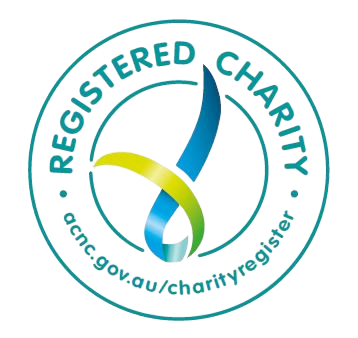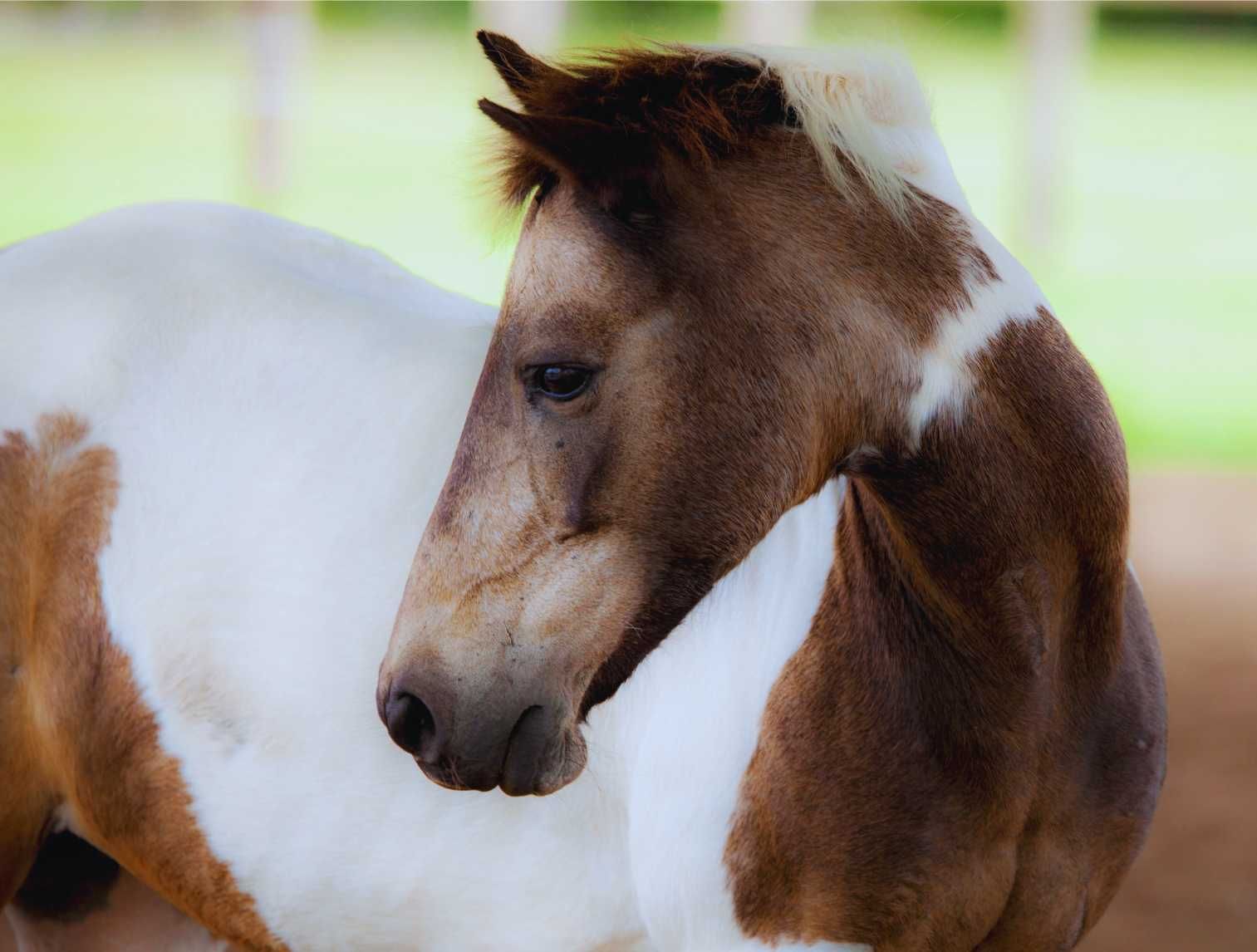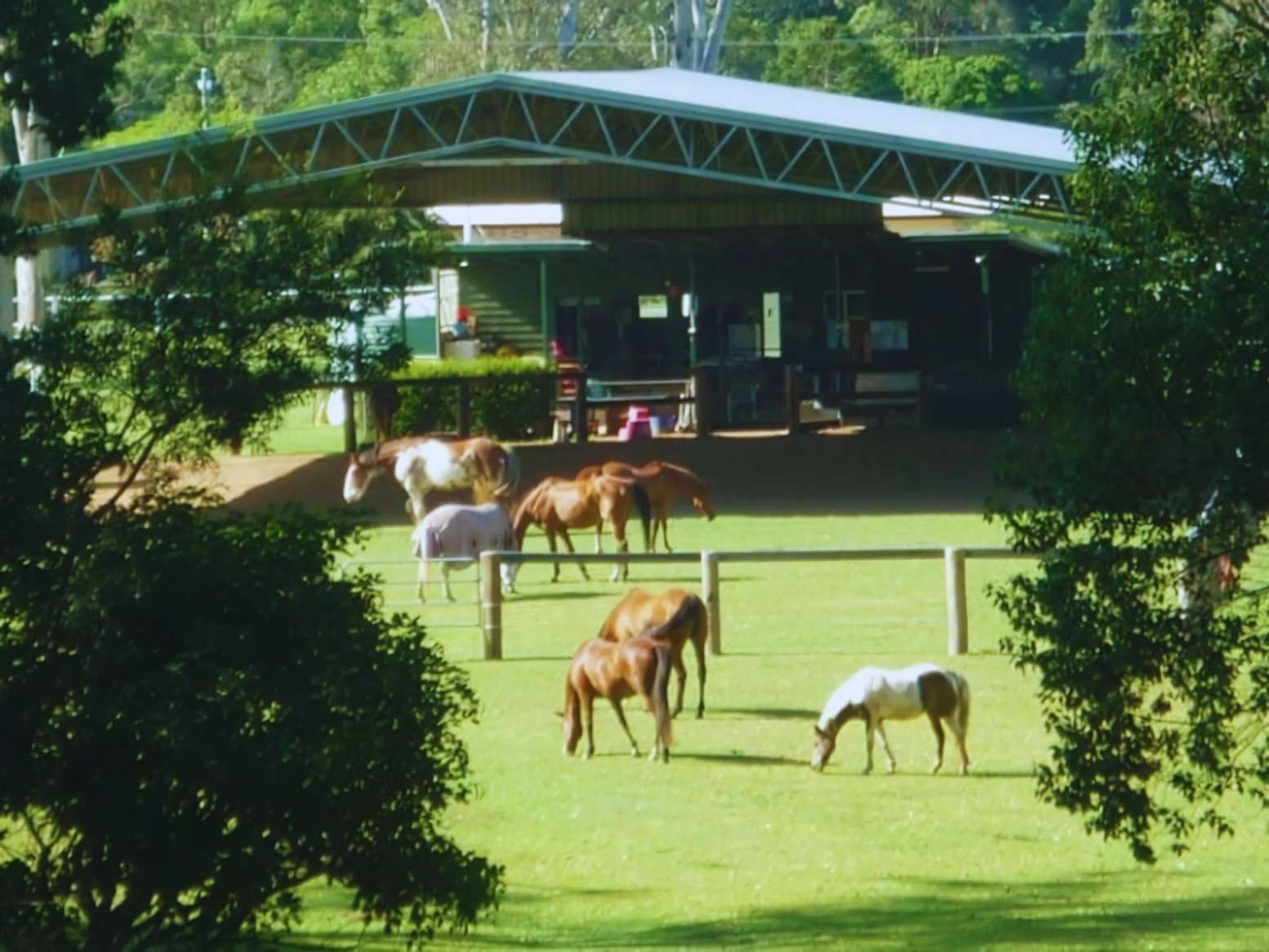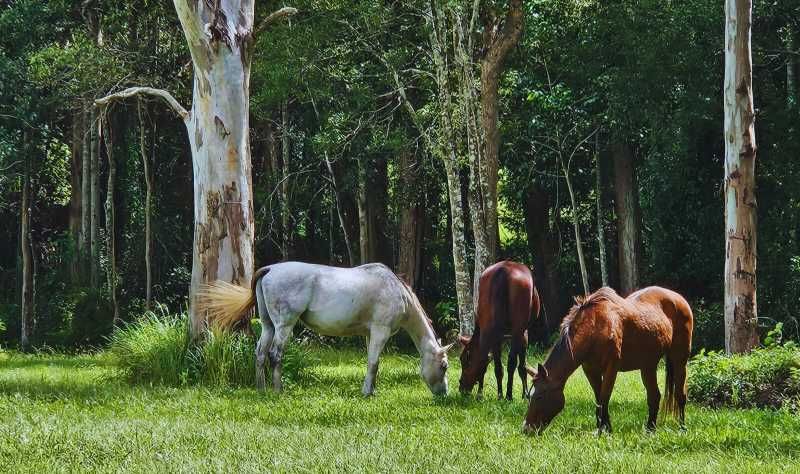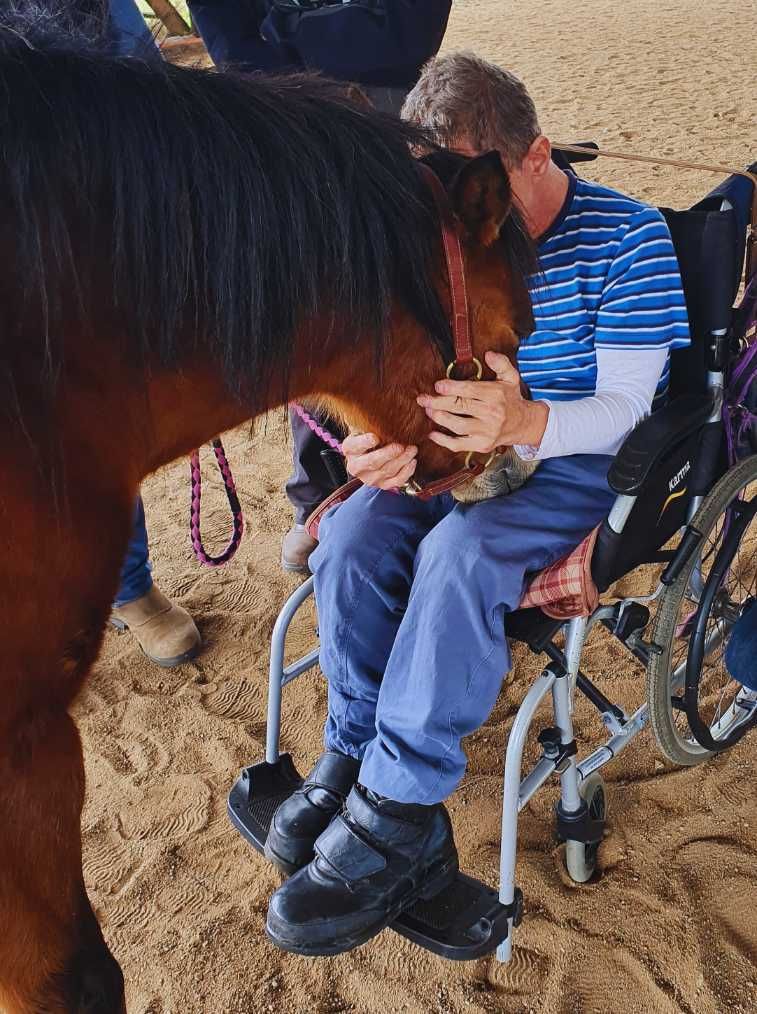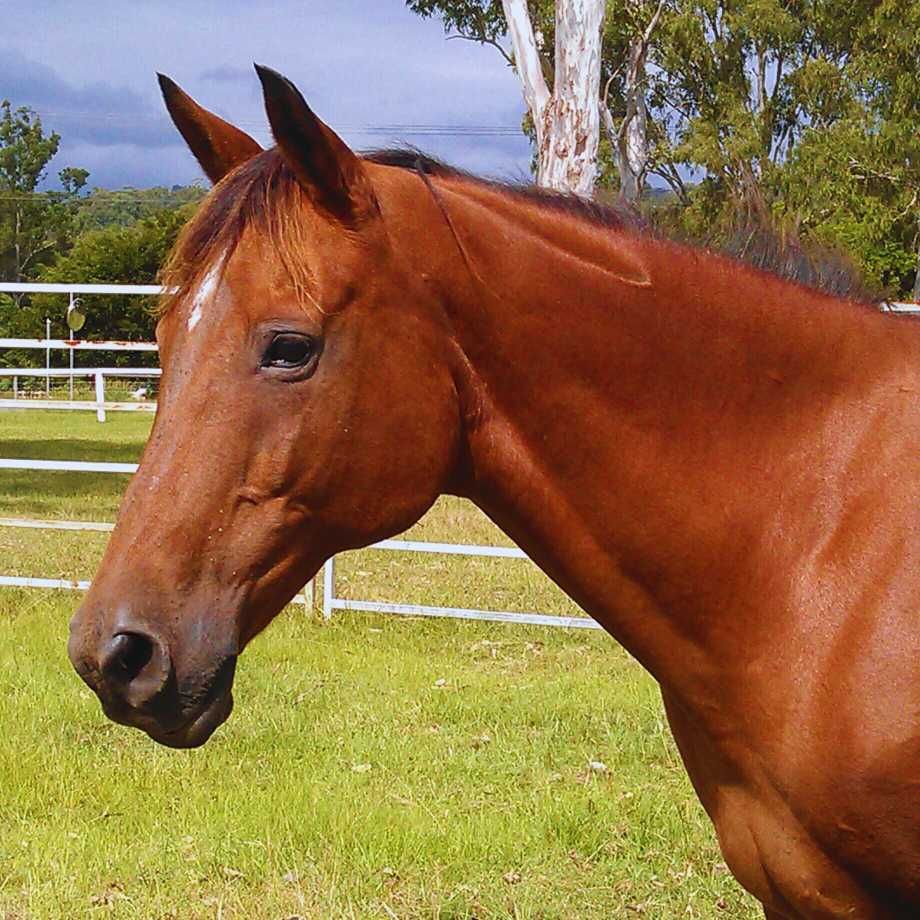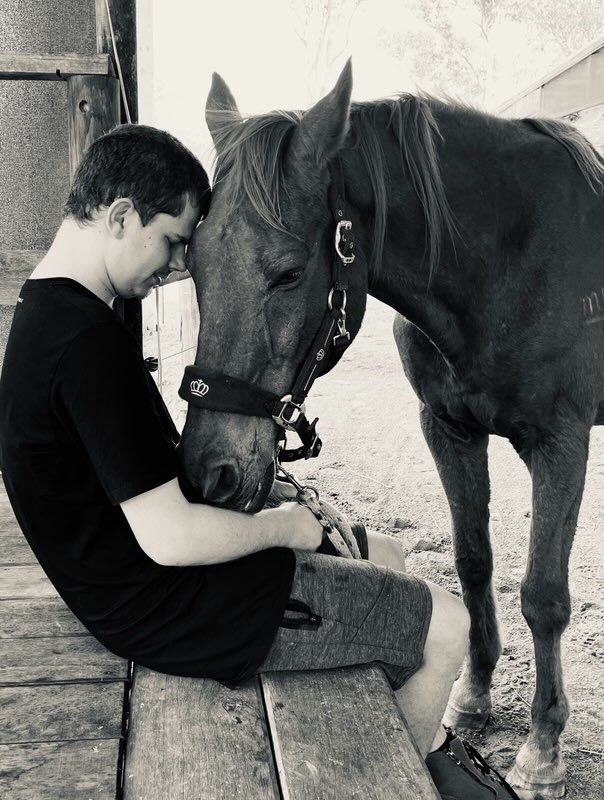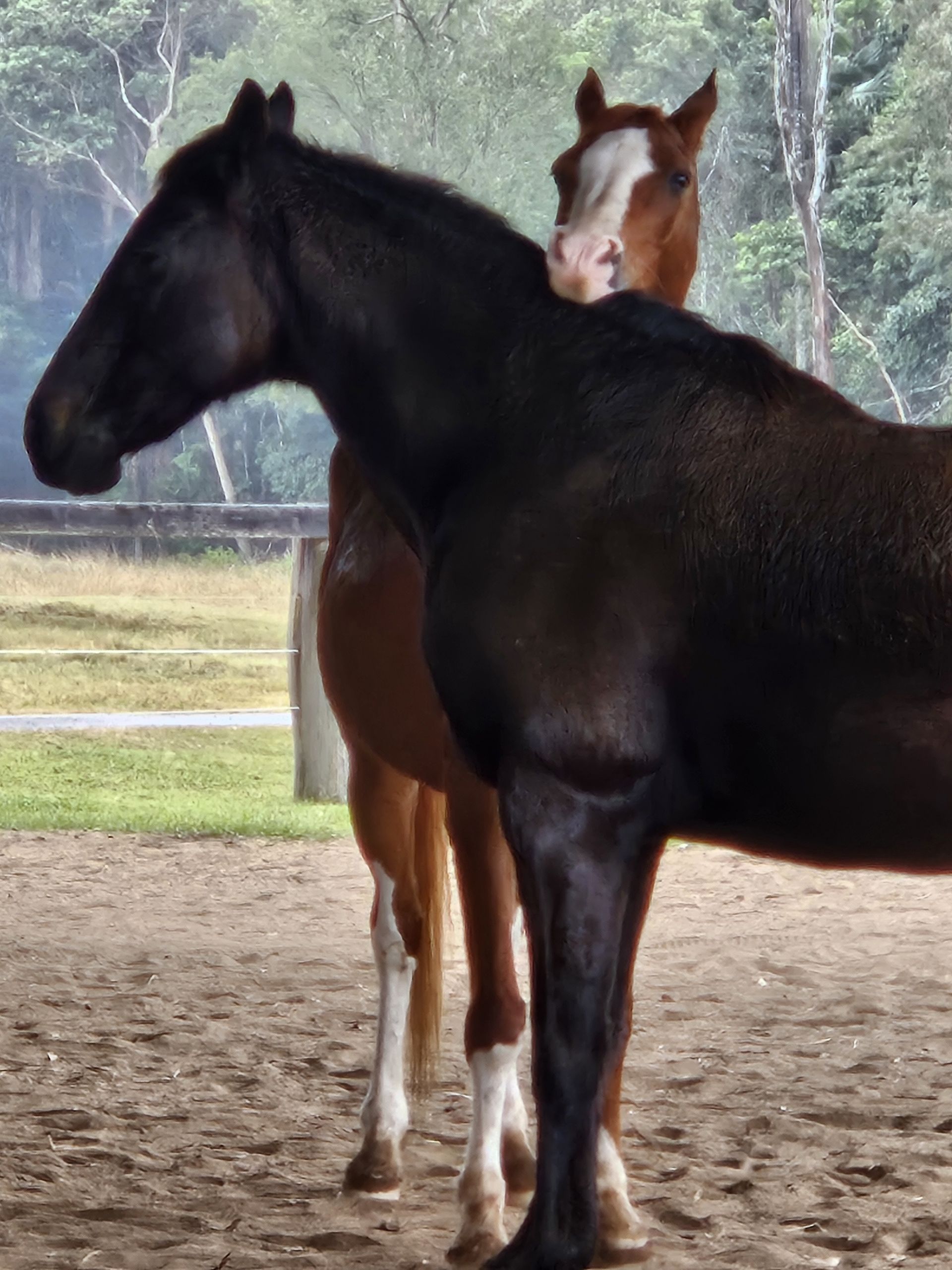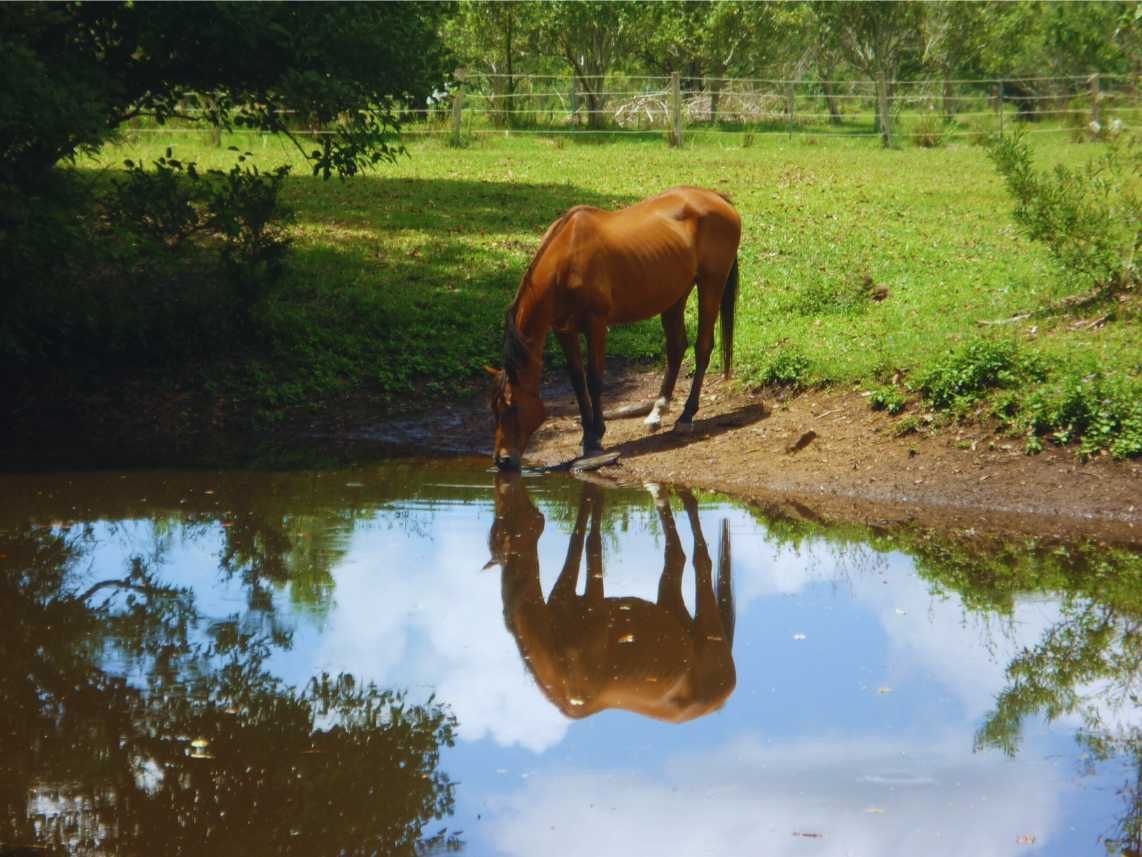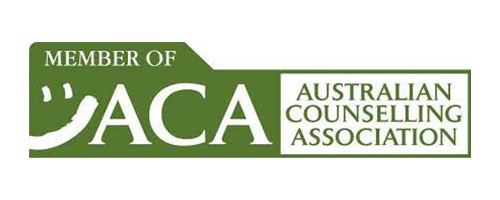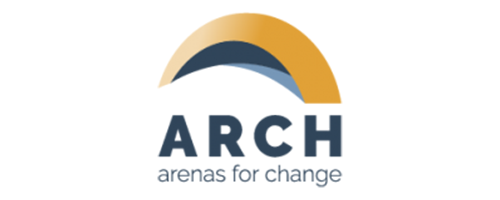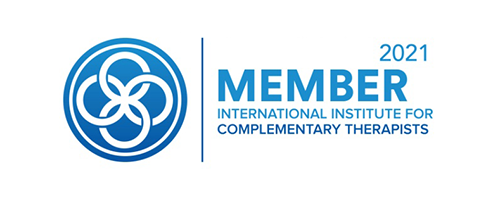Equine Assisted Therapy
& Counselling
Instant Insight
Horses respond instantly to human behaviour. This immediate feedback creates rapid awareness and change — leading to measurable growth right from the start.
Improved Decision Making
Through hands-on interaction with horses, develop awareness, communication, and emotional tools that support you in daily life, relationships, and decision-making.
Know Your Strengths
Horses help you recognise how you interact with others, explore your personal strengths, and better understand your place in group or family dynamics.
Unlock Clarity
Gain clearer, calmer communication by learning how your presence, body language, and energy are received — with support from intuitive, responsive horses.
Lead From Within
Horses help you recognise patterns, face fears, and build the self-trust needed to grow personally, emotionally, or professionally.
Palmwoods Equine & Somatic Therapy
Some people talk their way through healing. Others need space, movement and something real to connect with. Equine Alliance in Palmwoods offers equine-assisted therapy for those living with PTSD, anxiety, depression, or who feel traditional approaches miss the mark.
Here, the focus isn’t on fixing—it’s on helping you find clarity, step by step, with the support of emotionally attuned horses and professionals who listen without judgement. Sessions are designed to meet you where you are, emotionally and practically.
No two journeys are the same. That’s why each session is individually tailored, drawing from a trauma-informed toolkit that may include horsemanship, body awareness, quiet reflection or creative expression. The horses aren’t props—they’re intuitive partners in the process.
Therapy here doesn’t happen within four walls. It unfolds in a grounded, natural space where you’re supported to explore what’s true for you—at your own pace and in your own way.
Call 0408 067 664 to explore your next step.
How Will You Benefit from This?
Find Your Way Home
Sessions are led with deep respect for your pace, offering a safe, supportive space to reconnect with who you are—without pressure, judgment or expectations.
Step into Sacred Space
Whether in retreat, group or individual work, we hold space that honours story, emotion and healing. Every moment is an invitation to be seen and supported.
Grow in Your Own Time
We believe your inner knowing leads the way. Our role is to walk beside you—curious, open and steady—as you explore what healing looks like for you.
Learning That Nourishes
Our student clinics and professional workshops are built on care, inclusion and curiosity. They’re spaces for restoration, discovery and honest reflection—personally and professionally.
Healing Through Connection
Horses don’t judge or rush. They invite presence, honesty and emotional clarity. Working alongside them can open the door to self-awareness, confidence and meaningful change.
What Makes a Good Equine Therapist?
A good equine therapist reads more than body language—they read the moment. They’re grounded, attentive and skilled in drawing out insight from subtle interactions between people and horses. Their job isn’t to lecture or diagnose, but to create a space where things begin to make sense—quietly, gently and in time.
Horses respond to what’s beneath the surface. They don’t react to status or appearance, but to energy, emotion and intent. This makes them remarkable partners for people navigating PTSD, anxiety, depression or stress. Through this connection, you may begin to notice patterns in how you relate, set boundaries or process emotion—with the therapist there to help you explore those insights in a safe, supported way.
The best part? You’re never forced to share more than you’re ready for. Growth happens naturally, often unexpectedly, as you interact with the horse. Sessions might include structured activities or quiet presence, but they’re always designed to honour your pace.
Frequently Asks Questions
What does an equine therapist do?
An equine therapist facilitates structured, non-riding activities with horses to support emotional growth, behaviour change, and personal development. Rather than focusing on riding skills, the therapist guides clients through activities designed to encourage self-awareness, emotional regulation, problem-solving, and communication.
Horses naturally respond to human body language and emotions, offering immediate feedback in a calm and non-judgemental way. The therapist’s role is to observe these interactions, help participants interpret their experiences, and support them in applying these insights to everyday life challenges.
Equine therapy sessions are tailored to meet individual needs, creating a supportive environment for a wide range of emotional and psychological goals.
Who can benefit from equine therapy?
Equine therapy can support individuals facing a variety of emotional, psychological, and social challenges. It is commonly used by people managing anxiety, depression, trauma, grief, stress, or difficulties with communication and relationships. The approach is particularly effective for clients who may find traditional talk therapy confronting, as it offers a more experiential, action-based way to explore emotions and behaviours.
Children, adolescents, adults, veterans, first responders, and corporate teams often find equine therapy valuable for building resilience, improving emotional regulation, and fostering teamwork.
Sessions are adapted to suit the unique needs of each participant, providing a safe space for growth and learning.
Is previous experience with horses necessary for equine therapy?
No previous experience with horses is required to participate in equine therapy sessions. Activities are specifically designed to be ground-based, meaning there is no horse riding involved. Sessions focus on safe, carefully facilitated interactions that allow participants to engage with horses in ways that encourage reflection and self-discovery.
Facilitators ensure all safety measures are in place and provide clear guidance throughout each session, making the process accessible and comfortable for individuals of all ages and backgrounds.
The emphasis remains on building emotional and behavioural skills, rather than horsemanship.
